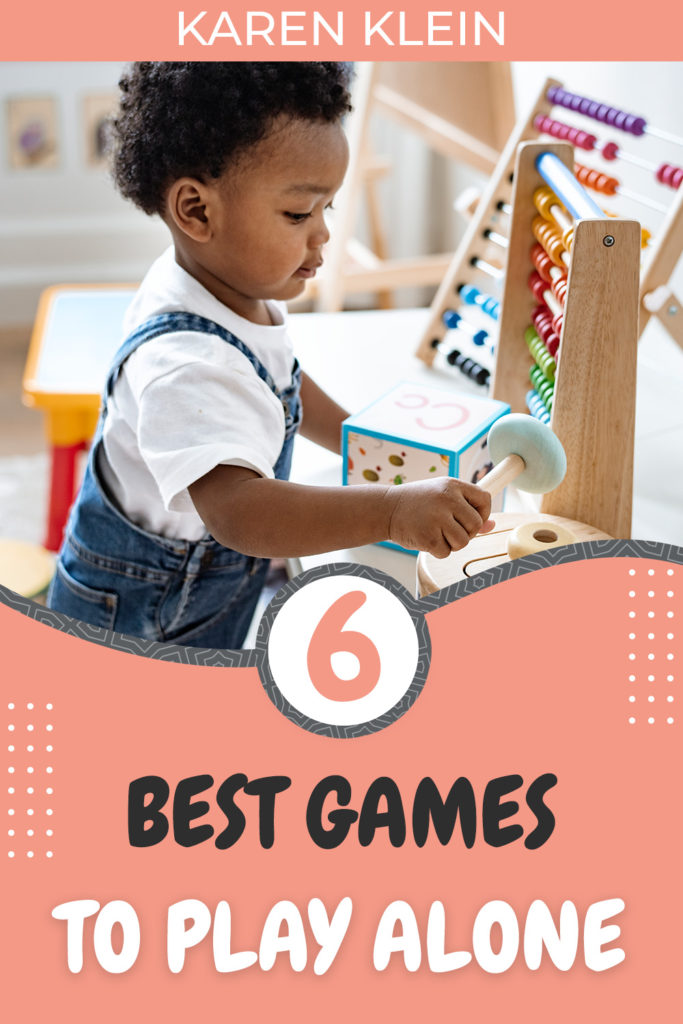
All men’s miseries derive from not being able to sit in a quiet room alone.
Blaise Pascal , 17th century French mathematician, philosopher and physicist.
This page contains affiliate links meaning I may earn a commission if you use them. I only recommend products I use and honestly trust. For more info read the full disclosure.
From a personal experience and note:
The topic of “playing by yourself” is very close to my heart!
I learn best by making mistakes (which is the best way to learn a lesson, right?!).
With my older daughter, I played so much with her when she was a toddler that I believe I did not allow her to stay alone in a way, to get bored so she can find a way to be with herself. Of course, this was not intentional, I had the best intentions. I wanted to be with her, teach her, enjoy every moment!
Next, with my 2nd daughter I learned my lesson and encouraged time alone, so that even if I was close by, I intentionally let her be alone for longer amounts of time little by little.
Then came my son, who we received at 1 year old as our foster child. Unfortunately, he came with a history of lack of parent presence and desperately needed us all the time, near him. He could not stay alone (and still struggles with this today). Solitude triggers feelings of abandonment in some way, even if I am in the next room. He goes into a stressful state of mind.
Today, my younger daughter can play by herself for hours, including pretend play alone, and just be overall content alone, much more than anyone else in the family.
For these reasons, I truly believe this is something to practice as a parent. You will be happy you did! Keeping in mind there are differences in personalities, but, nevertheless, it can be taught and exercised. My 6 year old son today remains in the learning stage. Everyday we practice spending 20-30 minutes finding something to do alone. He complains and goes along begrudgingly, but I know this is important to teach and a skill important to learn and acquire for life. Activities he has been doing include: playing with our dog, laying down in the backyard. As long as he can stay alone with himself, I am fine with it.


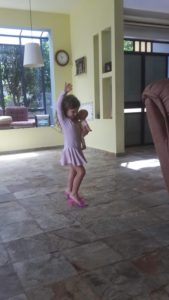
Skills children acquire from Independent play:
(source: modernalternativemama.com)
- Self-Confidence
Children who play games by themselves learn to have fun on their own without relying on others for their happiness and entertainment. This is such an important life-long skill because as children grow, they will be in situations when they are alone and will need to be able to care for themselves.
- Executive Function
Studies show that when children play games by themselves like make-believe, they develop a critical cognitive skill called executive function. This ability helps children self-regulate, meaning they can control their emotions and behavior and resist impulses. These are all critical attributes for living a healthy, safe, successful life.
- Creative Problem-Solving Skills
Time alone stimulates children to use their imagination. Without adults or playmates around to dictate their actions, children have the freedom and flexibility to explore their own creative ideas. This experience leads to better problem-solving skills down the road.
- Patience
It is important for children to learn that their parents will not always be at their “beck and call”. Knowing how to play independently helps build patience, giving them a skill that will be needed throughout life.
- Calmness
When children learn how to successfully play by themselves—and enjoy it—they tend to find this alone time quite calming. Their mood shifts because they no longer need to put energy into arguing or competing with others.
With all the electronics and hectic schedules, it is challenging for children to have time to unwind. Independent play gives them a special opportunity to shut off all the distractions and focus mindfully on what they are doing. Finally, independent play teaches children how to look inward and self-soothe. Once they master this skill, they can begin to understand their own emotions and communicate those feelings.
Which toys/Games/gifts can help your children to play by themselves?
So it is not that easy to find games to play by yourself, especially for young children! And this is the reason I thought such an article may help other parents!
Here are my recommendations of the games and companies:
1-My First Rush Hour (Age 4+)
4- SmartGames IQ Puzzler Pro (Age 6+)
I hope you find this post useful and encourage independent Play more in your home.
In addition to those selected toys and gifts, i highly recommend you to read about “My favorite TED talks about Education: recommended for PARENTS!”
I hope you found this article interesting, and that it will help you for your next purchase!
Feel free to add a comment below.
You can SUBSCRIBE HERE to receive future posts to your mailbox and follow me on Pinterest.
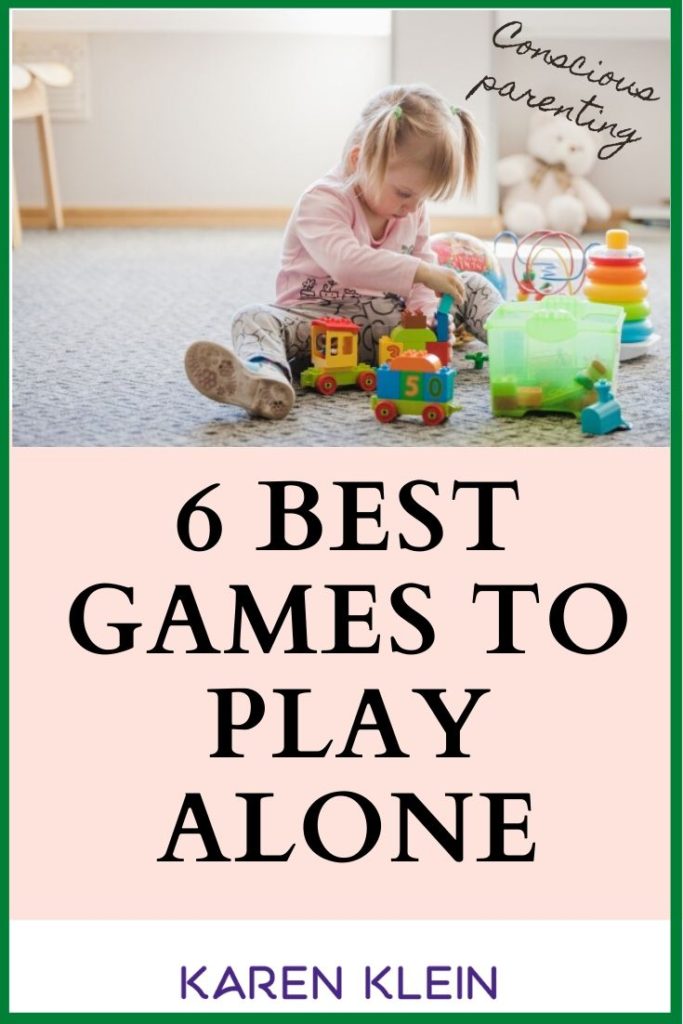
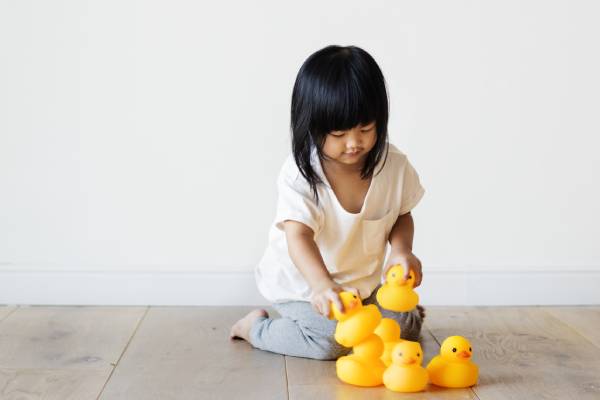
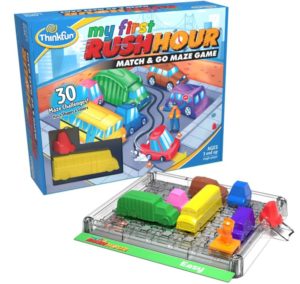
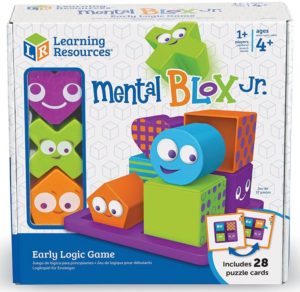
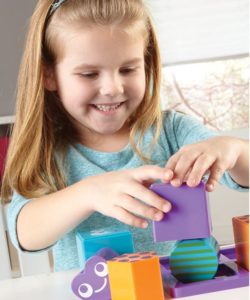
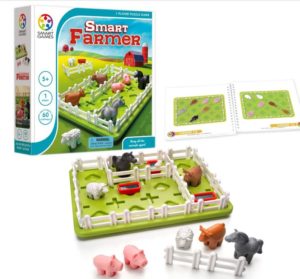

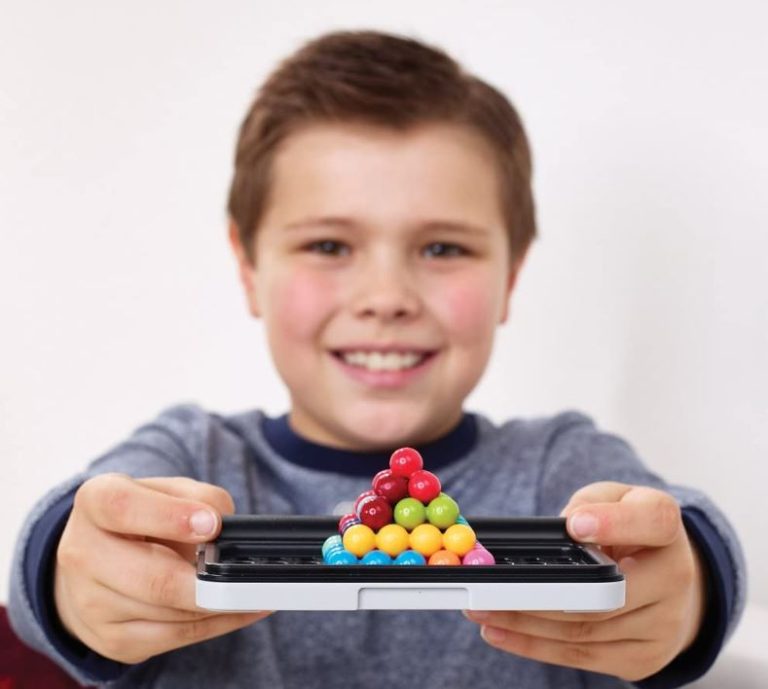
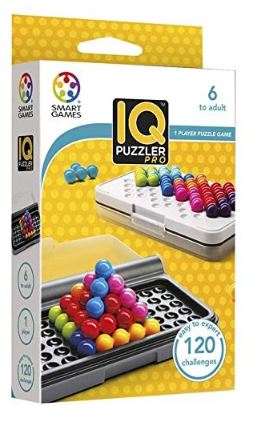
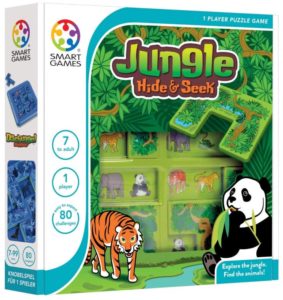
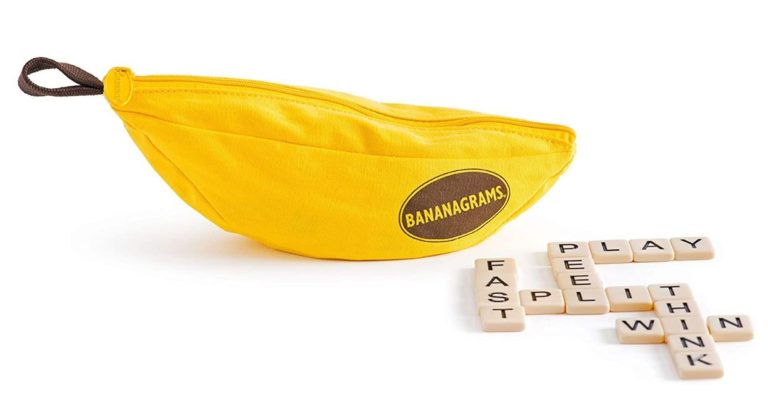

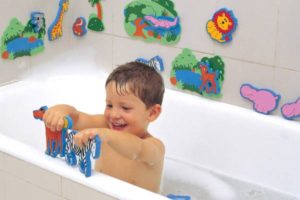
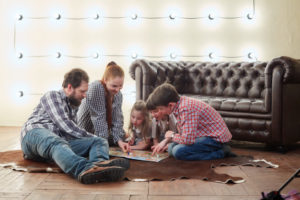
Thanks for the games! For independent play, can they also play computer games?
Thanks for the helpful tips! My son especially loves games like Smart Games – Jungle – Hide & Seek. He can play on his own for a long time! This is a really good skill!